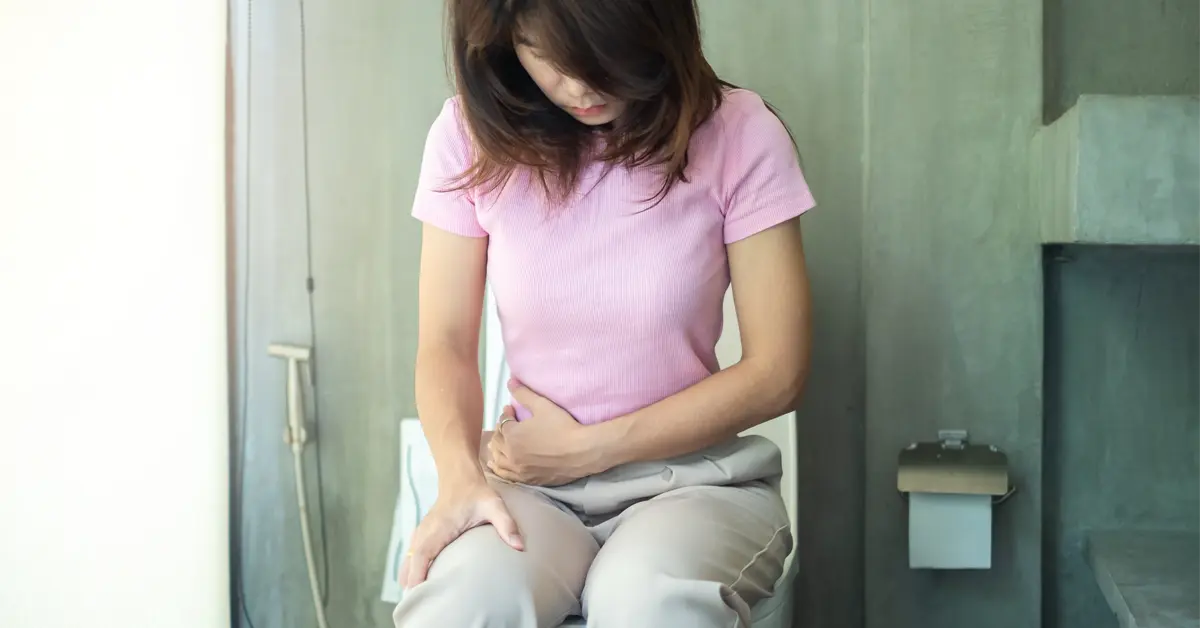You may be experiencing constipation if you have less than three bowel movements per week; of hard, dry, or lumpy stools that are unpleasant or difficult to pass, or stools that leave you with the impression that they are still in your system. Usually, you can take action to avoid or treat constipation. The following quick remedies for constipation will help you:
1. Consume a fiber supplement
If a low-fiber diet is the root of your constipation, fiber pills are easily accessible and successful in causing bowel movements. They function by giving your feces more volume or heft. This facilitates the movement of poop through the intestines and out of the body. Fiber supplements are available offline and online. Here are a few typical examples:
- polycarbophil calcium
- psyllium
- methylcellulose
2. Eat foods high in fiber
To feel good, you should concentrate on consuming the correct kinds of plant-based, high-fiber foods. Your gut microbiome, your bowel movements, and your general wellbeing can all be impacted by what you consume. By giving your stool more volume and hastening its passage through your intestines, consuming more high-fiber foods will help you control your bowel movements. The following foods have a lot of fiber:
- oats
- whole grain bread or cereal
- fibrous fruits, such as apples and bananas
- fibrous vegetables, such as broccoli, carrots, and leafy greens
- brown rice
- beans and lentils
- split peas
- nuts, such as walnuts, pecans, and almonds
3. Stay hydrated
Chronic dehydration can lead to constipation. Staying hydrated and drinking adequate water is crucial to avoid this. Drinking some carbonated water (sparkling water) may help mitigate constipation. This can aid in their hydration and aid in resuming activity. According to several research, sparkling water relieves constipation more effectively than tap water. This applies to those who have chronic idiopathic constipation as well as those who have dyspepsia or indigestion. However, consuming carbonated beverages, such as sweet soda, is not advisable since they may have adverse health effects and aggravate constipation.
4. Think about consuming magnesium supplements
Consuming enough magnesium may also aid with constipation relief. As osmotic laxatives, magnesium supplements are taken orally. As a result, your digestive system receives water, which helps to soften your stools. Magnesium capsules are available from pharmacies and health food stores. Magnesium can also be found in food sources. If you have had kidney issues, see your doctor before taking magnesium. Fortunately, most foods high in magnesium are also high in fiber. For instance, dark leafy greens and whole grains are excellent suppliers of both.
5. Regular exercise
When you have constipation, you might not feel like going to the gym, but exercise could give you the release you need. For instance, walking or running can stimulate the muscles in your colon and intestines. So, make exercise a regular part of your routine to aid in the prevention and relief of constipation. Aim for 150 minutes or more a week of moderate aerobic exercise. This is the same as engaging in 30 minutes of aerobic exercise five days a week. Set a more modest objective to begin with, if that feels like too much for you. To stay regular, try to engage in some form of physical activity daily.
6. For a bowel movement, squat
The next time you need to go potty, bring a tiny footstool with you. It may be easier to pass feces without straining if you put your feet up on a stool in front of the toilet while you poop, practically squatting instead of sitting down.
Takeaway
Overall, constipation is a condition that affects us occasionally. There are many ways to treat constipation. Your treatment choice will depend on the cause of your blockage and whether it has been an issue for you previously or not. Please consult your doctor for severe constipation.
References
- Constipation | NIDDK. (n.d.). National Institute of Diabetes and Digestive and Kidney Diseases; www.niddk.nih.gov. Retrieved July 18, 2022, from https://www.niddk.nih.gov/health-information/digestive-diseases/constipation








